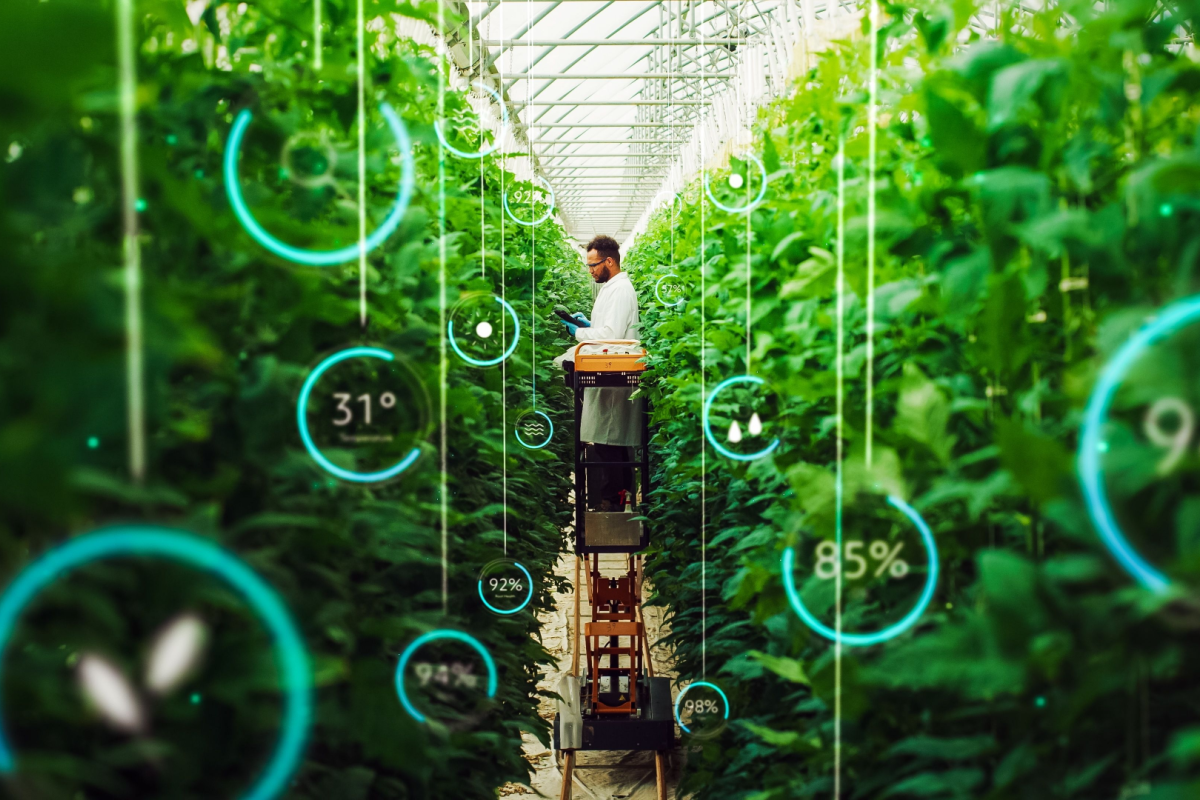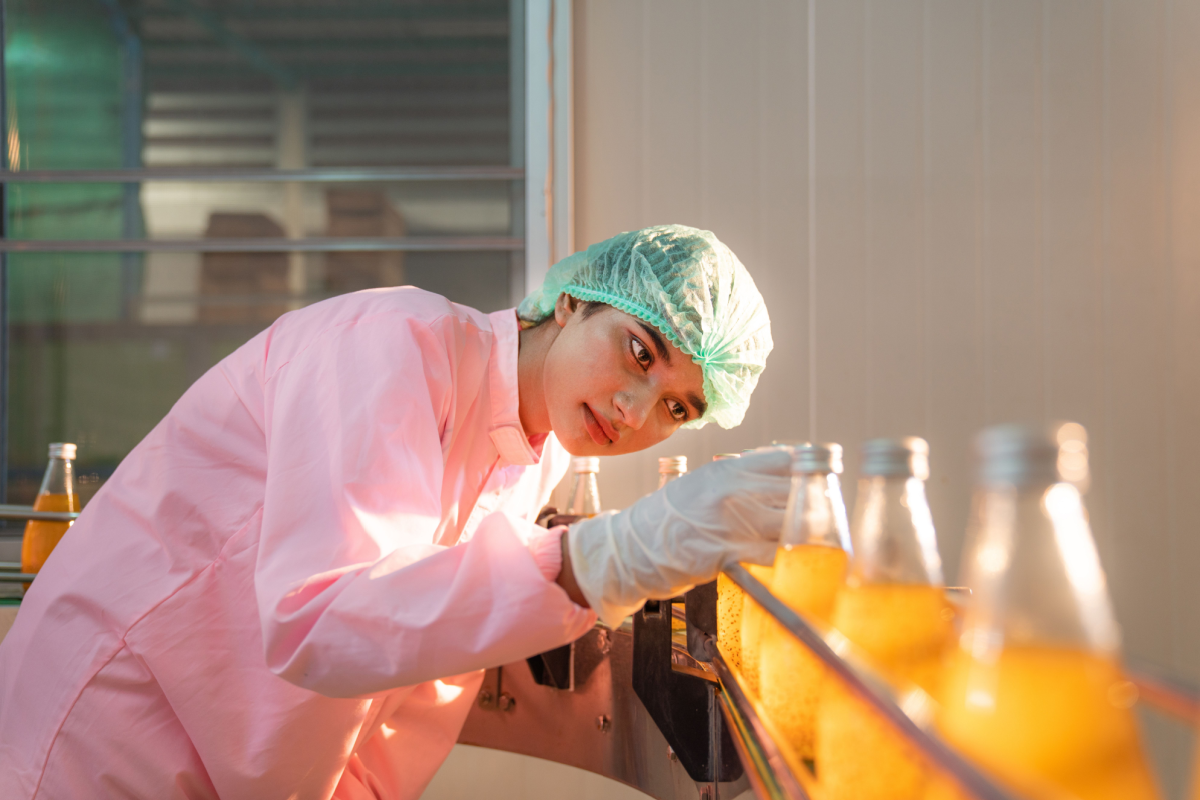Lab-grown meat bans are becoming more common as governments worldwide react to the burgeoning cultivated meat industry. Despite significant investments and technological advancements, lab-grown meat faces legal challenges. Recent bans in Florida, Alabama and Italy highlight the growing resistance to these products.
The State of Lab-Grown Meat Bans
Italy was the first to ban the manufacturing, selling and distribution of lab-grown meat last year. Following suit, lab-grown meat was recently banned in Florida and Alabama. These bans reflect concerns from traditional meat industries about market competition and consumer acceptance.
In the US, cultivated meat has received approval from the US Food and Drug Administration (FDA) and the US Department of Agriculture (USDA). However, the European Food Safety Authority (EFSA) is expected to conduct a more stringent review. Despite these regulatory hurdles, the lab-grown meat industry has seen billions in investments but lacks widely available commercial products.
Related: New School Lunch Integrity Act Could Ban Lab-Grown Meat in School Meals
Alabama’s Senate Bill 23 is the latest legislation, making it unlawful to manufacture, sell or distribute cultivated food products. Violators can face misdemeanor charges and food sales establishments risk having their permits suspended or revoked. The law allows state research and development on cultivated products to continue and takes effect on October 1, 2024.
Florida Governor Ron DeSantis signed Senate Bill 1084, his state’s ban on lab-grown meat, shortly after Alabama’s bill was enacted. These moves indicate a trend that could spread to other states, driven by traditional meat producers’ concerns over losing market share.
Industry Response and Economic Implications
The fiscal implications of these bans are significant. Alabama’s SB23 could increase state and municipal fund receipts from fines and court costs. It could also increase administrative obligations for state departments responsible for health and agriculture.
Lab-grown meat has existed since 2013, when it debuted at Maastricht University. Yet, consumer access remains limited. FDA approvals currently cover only UPSIDE Foods and Good Meat, but their products are not yet available in stores. High-end restaurants in Washington, D.C. and San Francisco briefly offered lab-grown meat, but these offerings have ended.
The industry faces major challenges in scaling up cell production and reducing costs. Governor DeSantis’ rhetoric against lab-grown meat reflects broader cultural and political dynamics, suggesting further bans might emerge.
The Debate Over Consumer Choice and Market Regulation
Proponents of lab-grown meat argue that consumer freedom should dictate the market’s future. A coalition of European Union (EU) member states, including Austria, France, Italy and nine other countries, has called for a public debate on lab-grown meat, considering ethical, economic and sustainability concerns.
While lab-grown meat isn’t yet available on grocery store shelves in the US, the bans in Florida and Alabama reflect traditional meat producers’ fears. Some in the livestock industry worry these actions could lead some states to impose stricter regulations on meat production.
The United States Cattlemen’s Association has long advocated for labeling rules that reserve the term “beef” for livestock products. Over a dozen states have passed laws restricting the use of “meat” for plant-based and lab-grown products.
Aside from Florida and Alabama, other states, like Arizona and Tennessee, have introduced similar bills, though they are less likely to pass.
Cultivated meat startups have exposed divisions within the beef and poultry industries. Despite bans, companies like UPSIDE Foods and Good Meat continue to focus on commercialization. Investors have poured nearly $3 billion into lab-grown meat and seafood companies since 2016, with support from major meatpacking companies like Tyson and Cargill.
Ethical and Environmental Considerations
Supporters of lab-grown meat envision a future where meat is grown from cells in laboratories, reducing reliance on livestock farming. This could address issues like animal cruelty and the significant climate impact of livestock production. Cattle, in particular, are major methane emitters, contributing to global greenhouse gas emissions.
Researchers aim to mitigate these emissions and reduce deforestation driven by beef demand. With global meat demand expected to double by 2050, replacing traditional livestock farming with lab-grown meat is seen as a viable solution.
Impact on Lab-Grown Meat Companies
The bans are a setback for companies like Fork & Good, which aims to provide lower-carbon food staples. However, these companies remain focused on overcoming regulatory and scientific hurdles to bring their products to market.
UPSIDE Foods sees the bans as distractions from its primary goal of commercialization. The company is working to get its first products, like chicken sausages and sandwiches from cultivated meat, approved and available in select restaurants.
As lab-grown meat gains attention and faces bans, the debate over its future intensifies. Balancing consumer choice, ethical considerations and environmental impact will be crucial in determining the role of lab-grown meat in our food systems.
If you want your company to be featured on Xtalks.com, please email [email protected].












Join or login to leave a comment
JOIN LOGIN